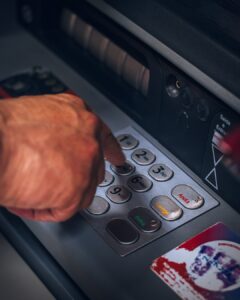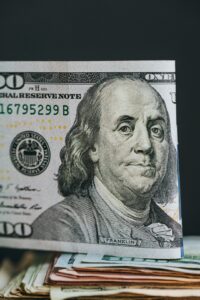Forex, short for foreign exchange, is the largest and most liquid financial market in the world. It is where currencies are traded, allowing individuals, businesses, and institutions to buy, sell, and speculate on various currencies. Understanding the basics of forex trading is essential for anyone interested in the financial markets and looking to potentially profit from currency movements.
The forex market operates 24 hours a day, 5 days a week, across different time zones, making it accessible to traders from all over the world. Unlike other financial markets, such as the stock market, forex trading does not have a physical location or a centralized exchange. Instead, it is conducted over-the-counter (OTC), meaning that transactions are done electronically between participants through computer networks.
The main participants in the forex market include commercial banks, central banks, investment firms, hedge funds, multinational corporations, and individual retail traders. These participants trade currencies for various reasons, such as international trade, tourism, investment, speculation, and hedging against currency risks.
Currency pairs are the foundation of forex trading. A currency pair consists of two currencies, with the first one being the base currency and the second one being the quote currency. The value of a currency pair is determined by the exchange rate, which represents the amount of the quote currency required to buy one unit of the base currency.
For example, in the EUR/USD currency pair, the euro is the base currency, and the US dollar is the quote currency. If the exchange rate is 1.20, it means that 1 euro is equivalent to 1.20 US dollars. Traders can speculate on the direction of the exchange rate by either buying or selling currency pairs.
Forex trading involves the use of leverage, which allows traders to control larger positions in the market with a smaller amount of capital. Leverage is expressed as a ratio, such as 1:100 or 1:500. For example, with a leverage of 1:100, a trader can control a position worth $100,000 with only $1,000 of their own capital.
While leverage can amplify potential profits, it also increases the risk of losses. Forex trading is highly volatile, and currency prices can fluctuate rapidly due to various factors, such as economic indicators, geopolitical events, and market sentiment. Therefore, it is crucial for traders to have a solid risk management strategy in place to protect their capital.
To participate in the forex market, traders need to open an account with a forex broker. There are numerous forex brokers available, offering different trading platforms, pricing models, and services. When choosing a broker, traders should consider factors such as regulation, reputation, customer support, trading conditions, and available trading tools and resources.
Forex trading involves various types of analysis to make informed trading decisions. Technical analysis involves studying historical price data and using charts, indicators, and patterns to identify potential trading opportunities. Fundamental analysis, on the other hand, focuses on economic and political factors that can influence currency prices, such as interest rates, inflation, employment data, and geopolitical events.
Traders can also use different trading strategies, such as scalping, day trading, swing trading, and position trading, depending on their trading style and time commitment. It is essential to develop a trading plan and stick to it, including setting realistic goals, defining risk tolerance, and implementing proper money management techniques.
In conclusion, forex trading is a fascinating and potentially profitable endeavor that requires a solid understanding of the basics. By understanding currency pairs, leverage, risk management, analysis techniques, and trading strategies, individuals can navigate the forex market with confidence and potentially capitalize on currency movements. However, it is important to note that forex trading carries significant risks, and traders should never risk more than they can afford to lose.





